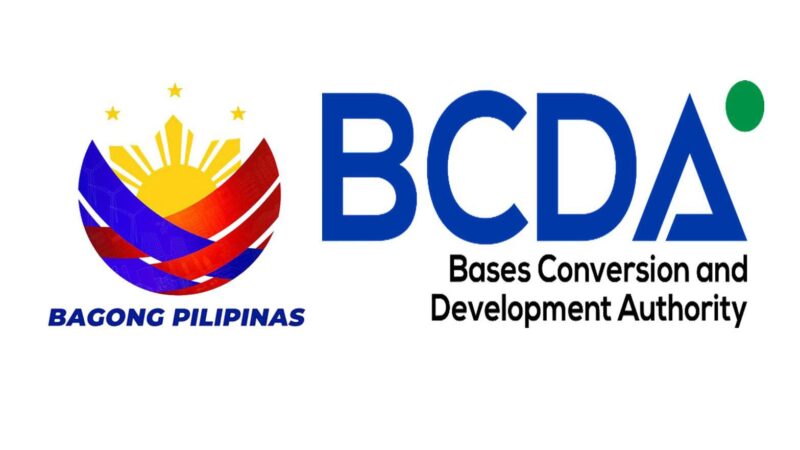AMID COVID-19, DOCTORS CALL FOR STRONGER TOBACCO CONTROL
Tobacco companies are a ‘public health burden’ – medical associations
“The tobacco industry is a public health burden.” Medical associations and public health experts, led by law group ImagineLaw, advocate for stronger tobacco control measures as part of COVID-19 response.] L-R Dr. Riz Gonzalez (Philippine Pediatric Society), Atty. Sophia San Luis (ImagineLaw), Dr. Glynna Ong-Cabrera (Philippine College of Chest Physicians/ Lung Center of the Philippines), Dr. Donna Panes (Smoke-Free Baguio), Dr. Anton Javier (Philippine Society for Public Health Professionals)
Representatives from medical professional associations and public health experts on Monday called for stronger tobacco control measures as part of the country’s response to the novel coronavirus disease or COVID-19 pandemic.
Dr. Glynna Ong-Cabrera of the Philippine College of Chest Physicians (PCCP) said that smokers are more prone to developing severe COVID-19 symptoms. “This is a virus that primarily attacks the lungs. Stronger smoking cessation campaigns and stronger tobacco control measures should be part of the Philippines’ response to COVID-19,” said Dr. Ong-Cabrera who also heads Quitline, a smoking cessation program of the Department of Health (DOH) in partnership with the Lung Center of the Philippines.
321 deaths a day, PhP 269 billion pesos lost yearly
Meanwhile, Dr. Anton Javier of the Philippine Society of Public Health Physicians (PSPHP) expressed concern over the burden of tobacco-related illnesses.
“Before the COVID-19 pandemic, many people were already on the way towards expensive and time-consuming health problems as a direct consequence of tobacco products,” declared Dr. Javier.
“Every day, 321 Filipinos are killed by tobacco-caused diseases. This is a tremendous burden to our public health system because even if we hypothetically had all the money in the world, you cannot possibly compensate for the efforts lost treating conditions that would have been avoidable had tobacco products been strictly regulated in the first place,” he said, citing reports from the Department of Health (DOH) and the Tobacco Atlas.
“Tobacco companies and their fronts are not our partners in public health,” added Dr. Riz Gonzalez of the Philippine Pediatric Society (PPS). “It is alarming that even with the pandemic, the tobacco industry continues to market their products aggressively, even online attracting our youth to regularly use tobacco products and all its forms,” she added. “They even go so far as to portray themselves as partners in public health through donations,” she also said.
Public interest law organization ImagineLaw said that socio-economic and productivity losses due to tobacco amount to at least 269 billion pesos every year, citing a 2018 study by the World Health Organization. “The tobacco industry is a public health burden,” said Atty. Sophia San Luis, the law group’s Executive Director. “And they continue to be a burden in the middle of a global pandemic,” she added.
“Even as the tobacco industry paints itself as an ally in public health through donations and so-called corporate social responsibility (CSR), let’s not forget the simple and unassailable fact that they continue to sell and profit from a product that kills 50% of its users, and that exposes the public to worse COVID-19 outcomes,” she also said.
Strong tobacco control measures as part of COVID-19 response urged
The medical doctors urged the government to strengthen tobacco control measures, such as the DOH-Civil Service Commission Joint Memorandum Circular 2010-001 (DOH-CSC JMC 2010-001), and increase support for local government units (LGUs) and hospitals amid the COVID-19 pandemic.
“Not only should we encourage the public to quit smoking. We also need to protect our government agencies, LGUs, and hospitals from the influence of tobacco companies and their fronts during this pandemic,” said Dr. Donnabel Panes, head of Baguio City Health Services Office Epidemiology Surveillance Unit.
The said memorandum prohibits government officials and employees from unnecessary interaction with tobacco companies and their representatives, including receiving donations or partnerships. “A strong public health system is our biggest weapon against present and future pandemics. Tobacco companies are never a partner of public health,” Dr. Panes said. ###







